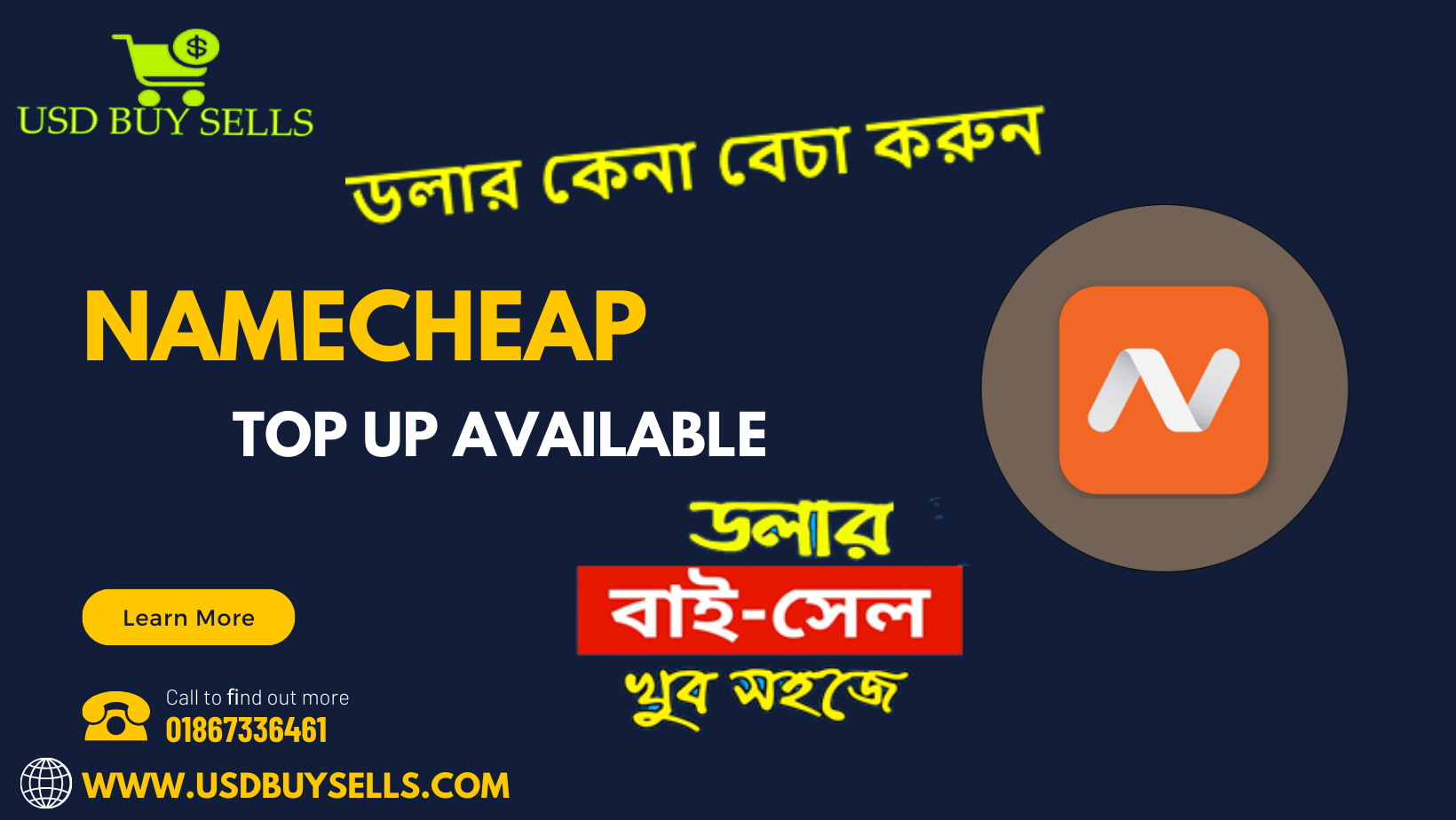In the era of information, scholarly journals stand as invaluable repositories of knowledge, disseminating research findings, insights, and breakthroughs across various disciplines. As the digital landscape evolves, so do the methods of accessing and supporting these vital repositories. This blog delves into the world of journal subscriptions, exploring the innovative payment methods that are revolutionizing the way readers and researchers engage with scholarly content.
The Digital Revolution in Journal Subscriptions: Gone are the days of printed journals exclusively available through academic institutions or libraries. The digital revolution has transformed the accessibility of scholarly content, making it possible for individuals to subscribe to journals online and access a vast array of articles, studies, and papers from the comfort of their homes or workplaces. With this shift, the focus has expanded beyond the content itself to the user experience, including the payment methods that facilitate seamless access.
Diverse Payment Options for Journal Subscriptions: Recognizing the diverse needs and preferences of readers and researchers, many journal platforms now offer a variety of payment options. These options go beyond traditional methods to accommodate the global and technologically diverse audience seeking access to quality research. From credit cards and bank transfers to innovative digital payment solutions, the aim is to make the process convenient and inclusive.
Cryptocurrency Integration: In line with the broader trend of embracing digital currencies, some journal platforms are now incorporating cryptocurrencies as a payment method. Bitcoin, Ethereum, and other cryptocurrencies provide an additional layer of security and privacy for users who value decentralized transactions. This move not only aligns with technological advancements but also caters to the preferences of users who seek alternatives to traditional payment methods.
Subscription Models for Continuity: To streamline the user experience, many journal platforms have adopted subscription models. These models offer readers the option to subscribe for a specified period, granting them access to a predetermined number of articles or the entire journal database. Automatic renewal options simplify the process, ensuring uninterrupted access to new research without the need for manual renewals. This subscription-based approach not only enhances user convenience but also provides a predictable billing cycle for subscribers.
Securing Transactions in the Digital Realm: Security is a paramount concern when it comes to online transactions, especially in the realm of scholarly content. Journal platforms are implementing robust security measures to safeguard user information during payment processes. Advanced encryption technologies, secure sockets layer (SSL) certificates, and multi-factor authentication protocols ensure that users can engage with scholarly content confidently, knowing that their sensitive information is protected against cyber threats.
The Rise of Mobile Payments: As mobile devices become increasingly integral to our daily lives, journal platforms are adapting to this trend by incorporating mobile payment solutions. Users can now subscribe to journals and access research articles using popular mobile payment platforms like Apple Pay, Google Pay, or other regional mobile wallets. This mobile-friendly approach caters to the on-the-go nature of modern researchers and readers.
Conclusion: The evolution of payment methods for journal subscriptions reflects a commitment to enhancing the accessibility and user experience of scholarly content in the digital age. From traditional payment options to cutting-edge alternatives like cryptocurrencies, subscription models, and mobile payment solutions, the landscape is becoming more diverse and user-friendly. As we unlock knowledge through seamless payment experiences, the scholarly community can look forward to an era where accessing valuable research is not only intellectually enriching but also technologically efficient and secure.






